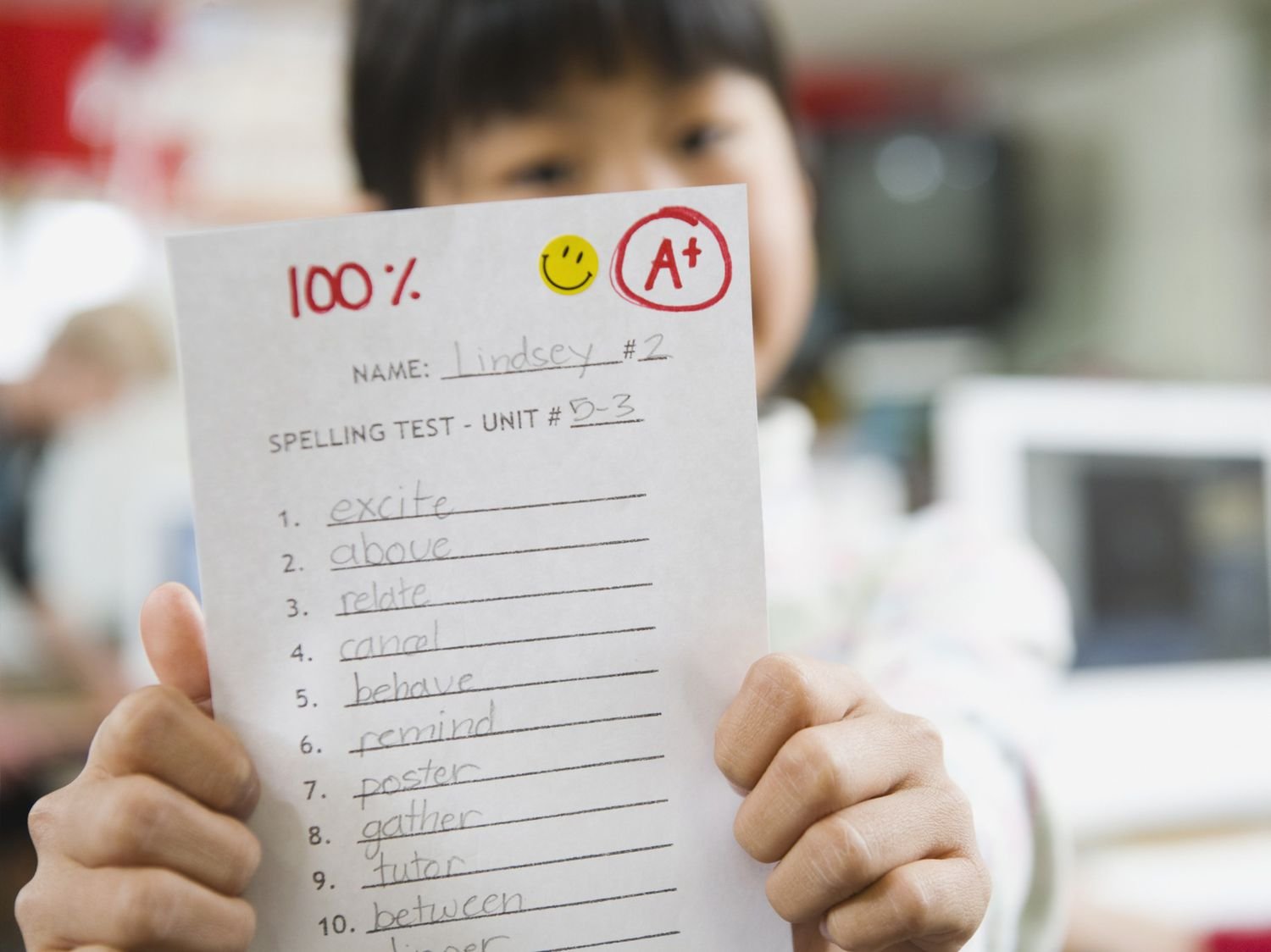Unleashing Potential: The Transformative Power of Education in Shaping Bright Futures
Date Published: June 29, 2023
Written by The K Tutoring
Education holds the key to a world of possibilities, empowering individuals to reach their full potential, and driving societal progress. At every stage of life, from early childhood to adulthood, education plays a pivotal role in shaping our knowledge, skills, and perspectives. The statistics surrounding the importance of education are not only compelling but also highlight its profound impact on personal growth, economic development, and societal cohesion. In this article, we delve into the significant role education plays in unlocking opportunities and transforming lives.

Picture of Books on a Table
Academic Achievement
Education is the foundation upon which academic achievement is built. The impact of education on students' academic success is well-documented. Research consistently shows that students who receive a quality education have higher graduation rates and perform better on standardized tests. For example, a study published in the Journal of Educational Psychology found that students who participate in tutoring programs experienced significant improvements in academic performance, leading to higher grades and increased confidence in their abilities. Moreover, the Organisation for Economic Co-operation and Development (OECD) emphasizes that individuals with higher levels of education are more likely to secure stable employment and earn higher wages throughout their careers.

Student Holding Up a Reward
Preparation for the Future
In an ever-changing world, education equips students with the knowledge, skills, and adaptability necessary to navigate the complexities of the future. The skills required for success in the 21st century extend beyond traditional academic subjects. The World Economic Forum identifies critical thinking, problem-solving, collaboration, and digital literacy as key skills for the future workforce. Education plays a crucial role in fostering these skills and preparing students to thrive in an increasingly interconnected and technologically advanced society.
According to the Future of Jobs Report 2020 by the World Economic Forum, 85 million jobs may be displaced by automation and artificial intelligence by 2025. However, the report also highlights that 97 million new jobs may emerge, primarily in fields related to technology, healthcare, and green energy. Education is a vital tool in ensuring individuals are prepared for these emerging job opportunities. By equipping students with the necessary skills and fostering a lifelong love of learning, education empowers them to adapt, innovate, and succeed in the face of future challenges.
Social and Emotional Development
Education encompasses more than academic knowledge; it nurtures the holistic development of students, including their social and emotional well-being. Research consistently indicates that social-emotional skills are critical for success in life. According to a meta-analysis published in the journal of Child Development, students who possess strong social-emotional skills have higher academic achievement, improved mental health, and more positive relationships. Education provides opportunities for students to develop empathy, resilience, self-awareness, and decision-making, enabling them to navigate challenges and contribute positively to their communities.
Promoting Global Citizenship
Education plays a pivotal role in fostering global citizenship and cultivating a sense of responsibility towards the world at large. Through education, students gain an understanding of global issues, cultural diversity, and environmental sustainability. UNESCO emphasizes that education promotes values such as respect, tolerance, and empathy, which are essential for building peaceful and inclusive societies. By integrating global perspectives into the curriculum, education prepares students to become active participants in addressing local and global challenges, promoting social justice, and working towards a more sustainable future.

Depiction of Global Citizenship
Health and Well-being
Education is closely linked to improved health outcomes and overall well-being. Studies consistently show that individuals with higher levels of education are more likely to adopt healthy behaviors, make informed decisions about their well-being, and have better access to healthcare services. According to UNESCO, educating girls, in particular, has a significant impact on health outcomes. A mother's education level is strongly associated with her child's health and survival, with educated mothers more likely to seek appropriate healthcare and provide better nutrition for their children. By investing in education, we can break the cycle of poverty and poor health, leading to healthier communities and reduced healthcare disparities.
Conclusion
Education is a powerful force that has the potential to transform lives and shape a brighter future. From fostering academic achievement to preparing students for the challenges of the future, education is a fundamental pillar of progress. The statistics convey a lot about the immense impact education has on individuals, communities, and societies at large. By recognizing the transformative power of education and investing in its quality and accessibility, we pave the way for a more equitable, prosperous, and inclusive world where every individual has the opportunity to unleash their full potential and contribute to the betterment of humanity.



